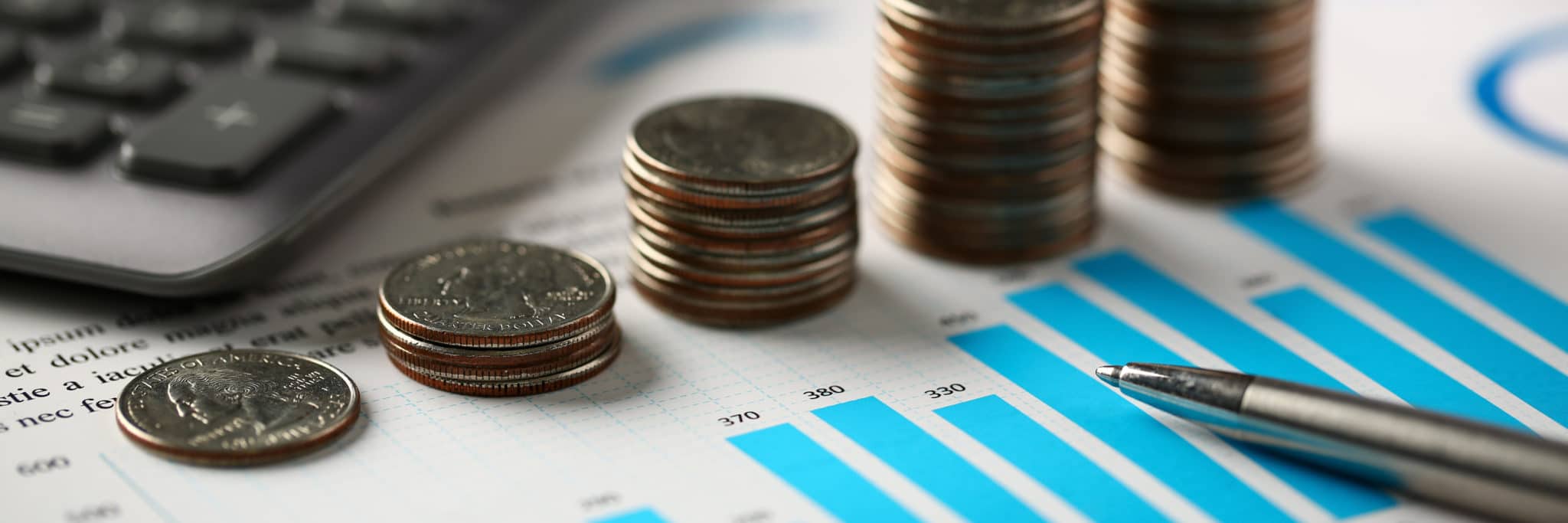
Engaging in collectibles such as rare coins is an excellent way to diversify your investment portfolio significantly. When you want to be successful in this endeavor, it’ll require you to learn the basics to ensure success in the long run.
There have been significant changes in the coin market in the past few decades. Various grading services were able to level the field by offering services that verify the authenticity and set the standards on coin grades. Although depending on a third party won’t replace a thorough study of a specific coin series, it helps minimize the risk when buying rare coins. With the help of the internet, it provides easy access to coin collecting information and the capability to buy online. Nevertheless, this shouldn’t replace the details you can learn from books, coin club members, coin dealers, and coin shows.
When you lack experience, it can be daunting to dive into collecting rare coins. If you want to ensure you have a good start, here are several strategies to consider when investing in a coin collection:
1. Create A Well-Balanced Portfolio
Similar to any investment, finding a way to diversify is the key to minimizing risk. If you have a portfolio of rare coins, it should include a variety that can reduce market fluctuations and maximize returns. Remember, the rare coin market is highly volatile in which the values can drastically change overnight. In the long run, the prices of coins will depend on supply and demand.
It’s best to include the classic United States coins such as large cents, half cents, dimes, quarters, early nickels, silver dollars, and half dollars. You also have the choice to invest in precious metals such as gold bullion coins. For extra diversification in your rare coin portfolio, you should include classic gold coins ranging from one dollar up to USD$20 gold double eagles. If you’ve heard about silver jubilee coins and eager to add one to your starting collection, it’s best to learn more from reliable sources.
2. Study About Coins
If you want to become a successful coin collector, you should take the time to learn everything you need to know. Listening to opinions and advice from other coin sellers might put you at risk in the long run.
Make it an effort to study the rarity, values, denominations, and other crucial aspects of various coins. You can discuss with other collectors, so it’s beneficial on your part to know which questions to ask. Additionally, reading trade magazines or other related sources is useful for both beginners and experts. See to it that you’re always updated on any topic regarding coins.
3. Choose A Specific Era To Focus On
Determine the era you want to focus on and decide on a specific period. Depending on what you choose, it’ll guide you in the right direction to ensure your investment will be a success. Try to focus your investment and effort on the denomination of your choice and start building your collection from there.
Always remember that investing in rare coins from various periods will leave you with a few pieces from different eras. With this approach, the overall value of your coins would be trivial, but having a complete collection will have a significant value over time.
4. Take Small Steps First
When you start with small steps in building up your coin collection, you can set aside a budget to make large initial purchases. Acquiring expensive or a large number of rare coins will require experience. And if you’re only starting your collection, it’s best to take small steps initially.
You can start with mint condition coin sets with good historical background, but you might find it challenging to acquire one. If you’re a newbie in coin collecting, try to avoid spending a large amount if you don’t fully understand the coins’ actual value. You might be at risk for spending on something you don’t want in your collection or one that doesn’t have a substantial market value.
5. Scrutinize The Coins Before Purchasing
Avoid making random purchases for your coin collection. Before buying, you must be prepared to carefully scrutinize the coins to check if they fit your collection. With this approach, you can prevent purchasing coins that don’t belong to the period you’re focusing on.
6. Be Patient And Consistent
When investing in coins, you must be patient. Avoid impulsive buying due to the current hype or craze. Rather than purchasing the first available coin you might fit in your collection, try to wait for top-quality coins that’ll become an integral component of a concrete collection you can be proud of.
Aside from focusing on a theme, choose coins that have a close relationship to one another. Make sure to be consistent with the quality of your coins.
7. Look For Top-Quality Coins
As an investment, your collection should be about quality, not quantity. Even if you have numerous coins, nothing beats the value of superior coins, even if you only have limited pieces. Remember, the value of a few great coins is often higher than having several mediocre ones. Additionally, when you have coins that have outstanding value, it’ll be easier to resell them in the future.
8. Work With A Trustworthy Coin Dealer
If you want to ensure you have the best coins for your collection, it’s crucial to look for a dependable coin dealer to have peace of mind knowing the quality and value of your purchases. Establishing a good relationship with a coin dealer comes with benefits. Coin dealers would likely provide competitive prices and regular updates regarding new acquisitions that might be good additions to your collection.
Conclusion
Once you decide to diversify your investments, you might want to consider starting a coin collection. But before investing, make sure that you study all the basics so you can have a good start in the collecting process. Utilize your resources wisely and don’t let your emotions dictate your purchase. These strategies will guide you along the way in making your investment a successful one over time.


































